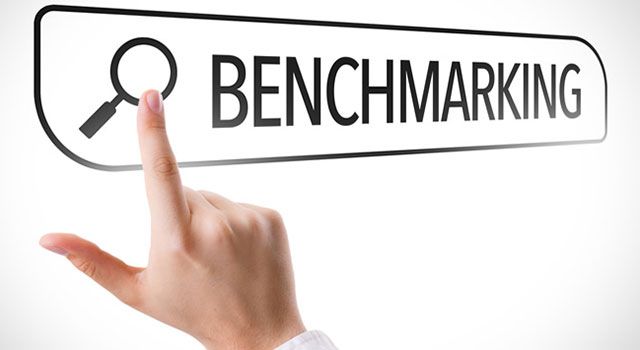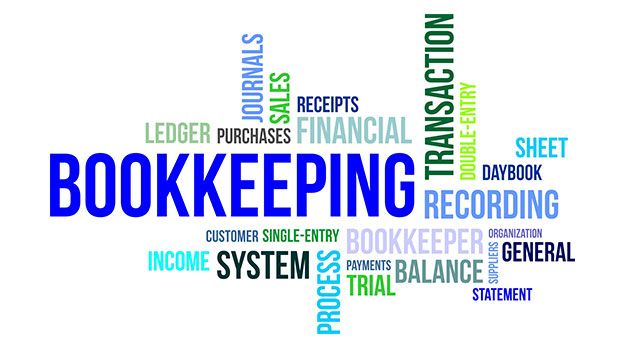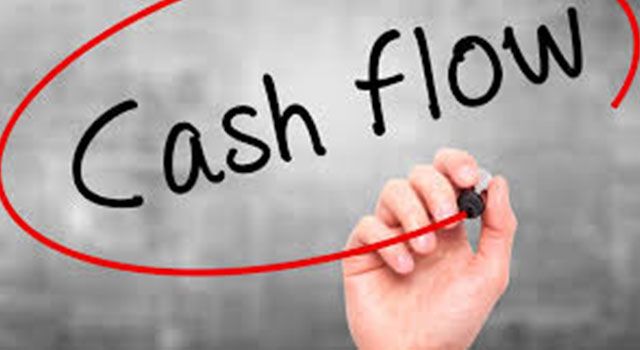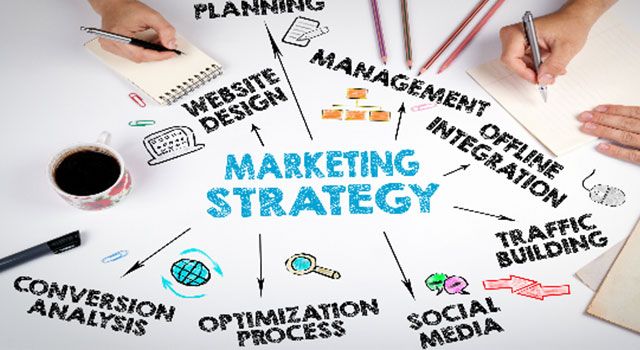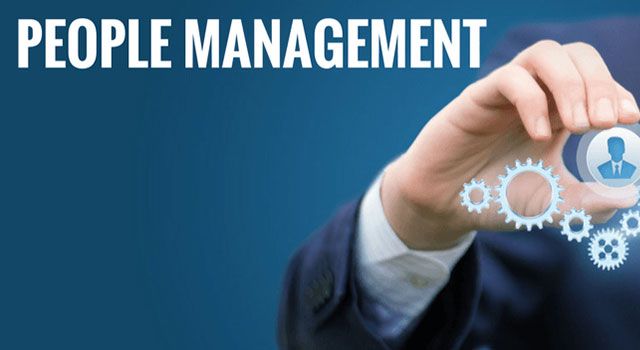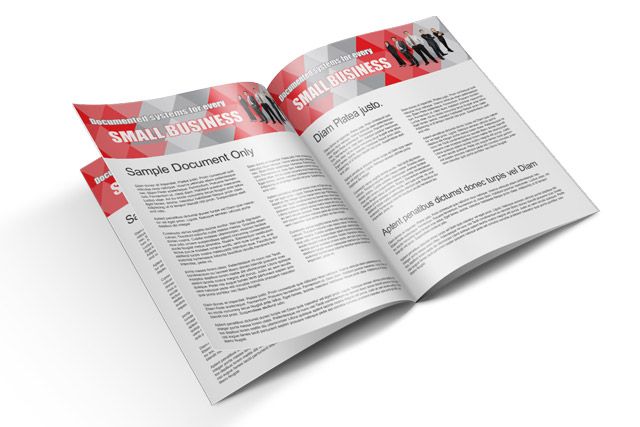- Description
- Specifications
Good leaders get to know their team members and are responsible to ensure they are developed to their potential. Counselling and coaching are skills that enable leaders to better develop their people.
The session includes information and advice on:
- Main Courses of Performance Problems. Surveys reveal that, apart from poor leadership, skills deficits, performance deficits and resource deficits are the main causes of problems in the workplace.
- Counselling and Coaching - The Differences - Counselling help with personal issues while coaching helps overcome skill deficiencies. They are applied differently but often have related issues to be dealt with.
- Counselling - Counselling is often sensitive and care must be taken to understand the nature and depth of the performance problem/s being addressed. This means that preparation and planning will be required before a counselling session is arranged. The counsellor must be open minded and neither try to anticipate what the person being counselled might say, nor press for solutions. Careful listening is essential and mutual understanding confirmed by asking open-ended questions or paraphrasing what the person being counselled has said.
- Coaching - Coaching is a most important skill for leaders to possess. Individual team member's skills can be developed and improved and people can be cross trained to improve flexibility. Leaders do not necessarily have to do all the coaching themselves and can arrange for skill transfers between other team members under the leader's encouragement and overview.
Supporting information is also contained in lists and diagrams on:
- Counselling Pitfalls
- The Art of Coaching
- Planning your Coaching
- Coaching Tips
- High Performance Insights
- Key Points for Leaders
Facilitator's Guidance Paper and PowerPoint Slides (Paper 900-016)
Participant's Follow-Up Paper and PowerPoint slides (Slide 900-017)




